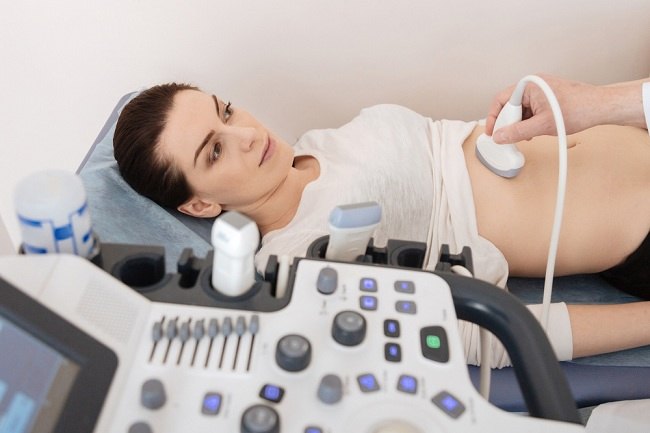Digestive surgeons play a role in diagnosing and treating various disorders of the digestive system. Handling is done by performing surgery to repair or even remove the problematic part.
Digestive surgeons are general surgeons who have the capacity to perform operations on the gastrointestinal tract and organs in the digestive system.

The digestive tract includes the esophagus, stomach, small intestine, large intestine, and rectum. Other organs included in the digestive system are the liver, pancreas, and gall bladder.
Conditions that a Digestive Surgeon Can Treat
Various digestive disorders treated by digestive surgeons include:
- Tumors, cancer, injuries, and bleeding in the gastrointestinal tract
- Liver and pancreatic cancer
- Achalasia, which is a rare disorder that makes it difficult for food or liquids to enter the stomach
- hernia
- Rectal prolapse, which is a condition in which the intestines protrude through the anus
- Gallbladder disease, such as gallstones
- Bowel disorders, such as colitis, appendicitis, diverticulitis, Crohn's disease, and ulcerative colitis
- GERD and peptic ulcers
- Barrett's esophagus, which is damage to the lining of the esophagus due to GERD
- Obesity that requires surgery, such as gastric bypass
Actions Performed by a Digestive Surgeon
Common medical procedures performed by digestive surgeons are as follows:
Laparoscopy
Laparoscopic surgery is a surgical technique using special instruments that allow doctors to perform surgery without opening the abdominal wall. The incision in this surgical technique is only the size of a keyhole and the healing process is faster than ordinary surgical techniques.
There are several types of procedures with laparoscopic techniques that can be performed by digestive surgeons to treat disorders of the digestive system, including:
- Adrenalectomy, to remove abnormal growths in the adrenal glands
- Appendectomy, to remove the infected appendix
- Cholecystectomy, which is removal of the gallbladder to treat gallstones
- Nephrectomy, to remove the kidney, for example in patients with kidney failure or kidney cancer
- Bariatric surgery, to reduce the size of the stomach in obese patients
- Foregut surgery, to treat disorders in the upper digestive tract which includes the esophagus, stomach, or upper small intestine
- Hiatal hernia repair, to treat hiatal hernia and paraesophageal hernia
- Nissen surgery, which is surgery to treat severe GERD
- Pancreatic surgery, to treat various disorders of the pancreas
- Retroperitoneum surgery, to treat problems in the space behind the abdominal cavity
- Colon and rectal surgery
- Splenectomy, which is surgery to remove the spleen
Open surgical procedures
If laparoscopy is not possible, the digestive surgeon will perform an open surgical procedure. Some examples of actions taken are:
- gastric surgery
- Adrenalectomy, which is surgery to remove one or both adrenal glands
- Appendectomy, to remove the appendix
- Nissen fundoplication, which is a procedure to strengthen the muscle between the stomach and esophagus in patients with severe GERD
- Roux-en-Y, which is the act of cutting or connecting the intestines to treat obesity or severe GERD
- Whipple procedure (pancreaticoduodenectomy), which is surgery to treat cancer or tumors in the pancreas
The Right Time to See a Digestive Surgeon
You will usually get a referral to a digestive surgeon if the digestive system disorders can no longer be treated with drugs.
You can also consult a digestive surgeon if you experience symptoms such as:
- bloody CHAPTER
- Can't swallow
- Stomach pain
Preparation Before Consulting a Digestive Surgeon
Before seeing a digestive surgeon, there are several things you need to prepare, including:
- Record all complaints or symptoms experienced to be notified to the doctor
- Bring the results of the examinations that have been done previously, for example the results of blood tests, ultrasound, X-rays, or CT scans
- Bring a referral letter from the treating doctor
- Record all medicines, supplements, and herbal medicines that are being consumed. If possible, you can take it and show it to the doctor
To determine which digestive surgeon you want to visit, you can ask for a reference or ask the doctor who treats you or a relative who has consulted with a digestive surgeon.









